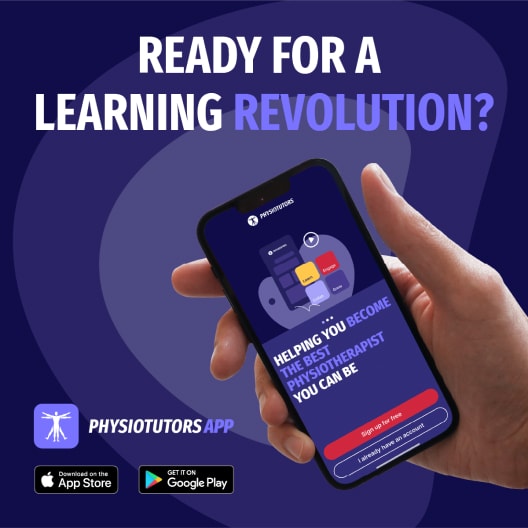Dizziness Handicap Inventory

Dizziness Handicap Inventory
The Dizziness Handicap Inventory (DHI) is a 25-item PROM that quantifies the impact of dizziness on ADLs by measuring self-perceived handicap (Jacobsen et al. 1990). The DHI is often used in studies that evaluate the effects of dizziness and vertigo on a patient’s life.
Validity and Reliability
The Dizziness Handicap Inventory (DHI) has shown strong psychometric properties in various populations and languages. Studies have translated and validated versions of the DHI in Thai Emasithi et al. (2021), Polish (Szostek-Rogula & Zamyslowska-Szmytke, 2019), Gujarati (Neupane et al., 2019), and Filipino (Agustin et al., 2020).
The DHI has demonstrated internal validity, with sub-domain item-total correlation scores supporting the validity of the physical, emotional, and functional aspects (Agustin et al., 2020). Additionally, the DHI has been found to have good discriminatory ability between patients with and without dizziness handicap, with sensitivity and specificity around 80% (Szostek-Rogula & Zamyslowska-Szmytke, 2019).
The DHI has been used in various clinical contexts, such as Parkinson’s disease (Kwon et al., 2022), persistent postural-perceptual dizziness (Castillo-Bustamante, 2023), cognitive impairment (Lee et al., 2020), and multiple sclerosis (Zeigelboim, 2012).
Overall, the DHI is a reliable and valid tool for assessing the impact of dizziness on individuals’ lives in different populations and settings.
Scoring and Interpretation
The patient is asked to respond to each query as it relates to dizziness or unsteadiness issues, specifically taking into account their state over the previous month.
The functional (F), physical (P), and emotional (E) implications on disability are all included in the questions.
The following scores may be given to each item:
- No=0
- Sometimes=2
- Yes=4
The maximum score is 100 and indicates maximal perceived disability. The minimal score is 0, which indicates no perceived disability due to dizziness.
Scores above 10 should be forwarded to balance experts for additional assessment.
- 16–34 Points (Mild Handicap)
- 36-52 Points (Moderate Handicap)
- 54+ Points (Severe Handicap)
Dizziness Handicap Inventory Online Calculator
References
Copyright Notice
When available, sources are cited, and the tool’s developer retains ownership of the intellectual property. We consider that the modification and creation of these tools into dynamic, interactive, online scoring calculators is fair usage. Please email us if you believe we have violated your copyright so we can take down the offending material.

